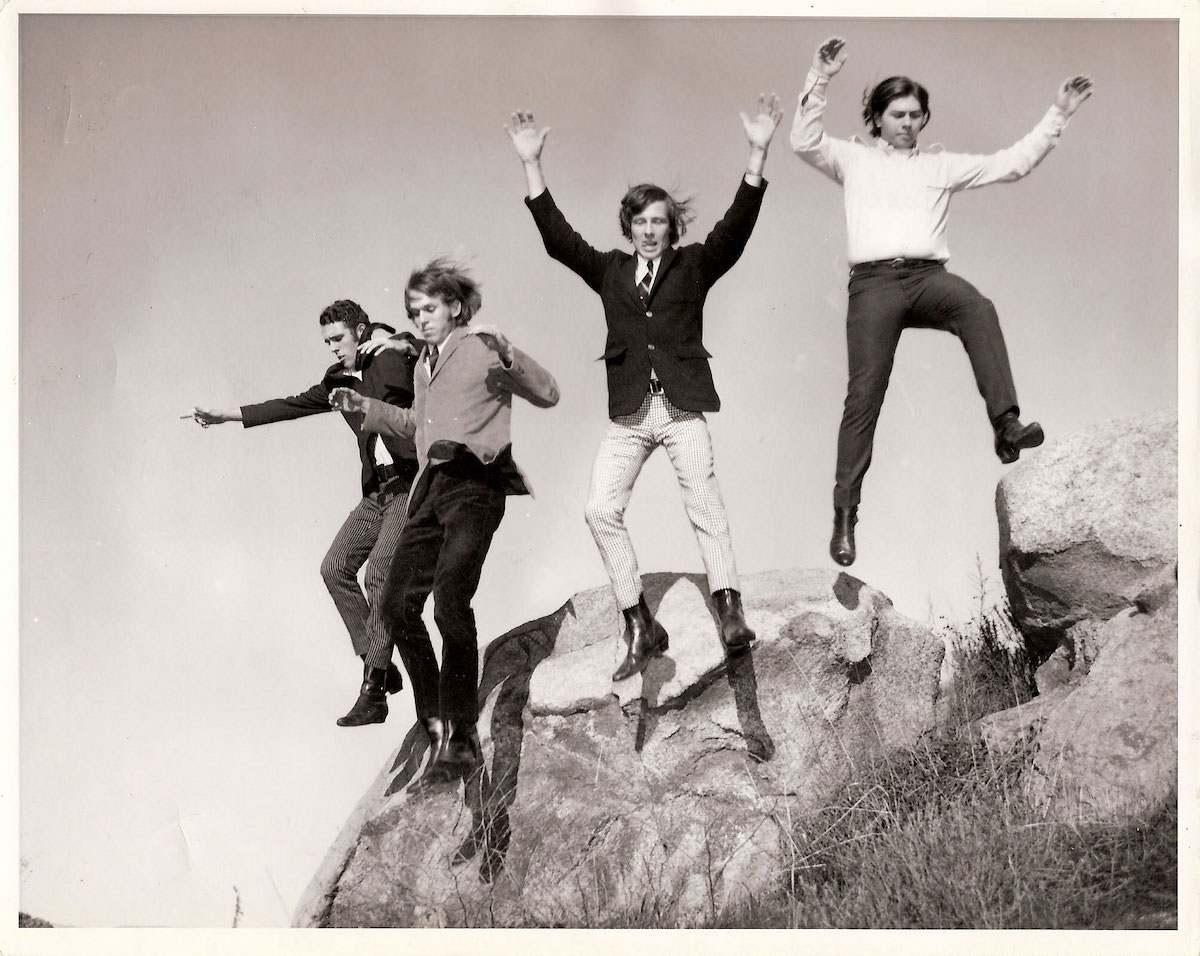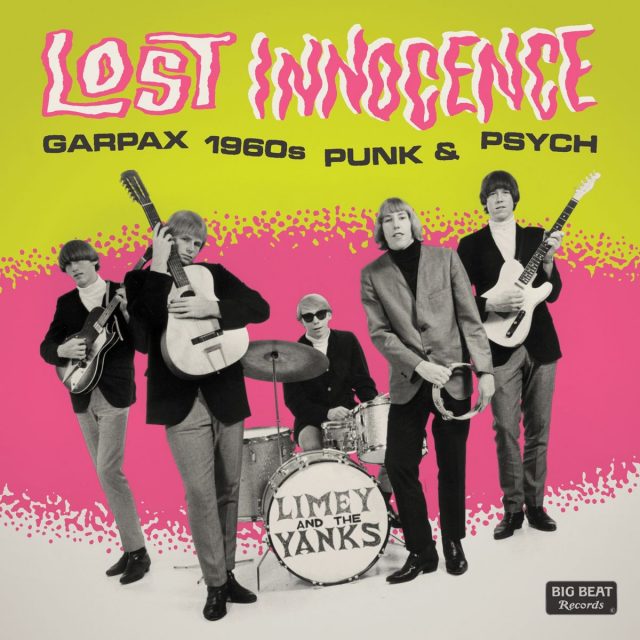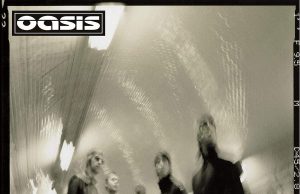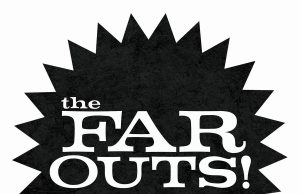THE EDITED PRESS RELEASE: “Vintage garage rock is only one of the many tributaries of popular music that the maverick Gary S Paxton recorded and produced in his 1960s heyday, and compared to other genres, the off-kilter genius behind Alley Oop and Monster Mash was hardly prolific with it. But for a producer-engineer of his repute, it was inevitable that Paxton would cross paths with the sudden surge of teenaged rock groups that emerged in the wake of the British Invasion. The best of them are gathered on Lost Innocence, and for any aficionado of the genre, a treat is in store. As well as a brace of acknowledged Californian punk classics present and correct for the first time direct from master tape, this rockin’ little disc also shares further booty from the Garpax vaults, including some obscurities well worthy of re-appraisal, along with completely unreleased nuggets of note.
Counting among the well-known are The Avengers, Bakersfield’s top dogs in the punk bracket thanks to snot-nosed missives such as I Told You So and the controversial Be A Cave Man. Ken & the Forth Dimension and Limey & the Yanks serve up the highly regarded items See If I Care and Guaranteed Love respectively, with a trio of ear-opening unissued tracks from the latter as a bonus. Riverside’s Whatt Four weigh in with the popular ear-burners Our Love Should Last Forever and You’re Wishin’ I Was Someone Else. And The Buddhas’ title cut is still the most eloquent ode to carnal knowledge in the entire ’60s punk pantheon.

Most of the material on Lost Innocence was recorded at Paxton’s two Hollywood studios between 1965 and 1967, but some of the freakier cuts derive from facilities he ran from a converted bank in the Bakersfield suburb of Oildale in the last three years of the decade. These include the trippy My Dream by the aforementioned Buddhas, the soul-punk of Canadian transplants The New Wing, and fantastic unreleased cuts by The Fog and Mental Institution, the latter one of the many pseudonyms Paxton acolyte Kenny Johnson used while recording at the studio.
The eccentricities that are never far from a Paxton production inform a couple of tracks that nevertheless have punk merit. In particular, the unbelievable screaming on Carl Walden & the Humans’ I’ll Never Let You Go would put James Brown or Wilson Pickett to shame. Last but not least, the voluminous Garpax tape library revealed a tantalising mystery in the unknown group responsible for a marvellous Raiders-style pounder titled This Freedom I Have Found.
In the commercial environs of mid-1960s Hollywood, the producer remained omnipotent and Paxton would happily call on his seasoned session crew if you weren’t cutting it, musically speaking. On Lost Innocence, however, most of the players remained those same wide-eyed teenagers that had been ushered into his presence. Their stories also have the same ring of truth as most youthful combos in that era: hearing your record on the radio for the first time, the expanded social and career possibilities afforded by membership of a successful local band and seeing that dream rent asunder by the draft. Yet having Gary S Paxton behind the controls, with his innate expertise and guidance, not to mention a soupçon of the appropriately bizarre, helped these same “typical” groups make some truly memorable music.”












































